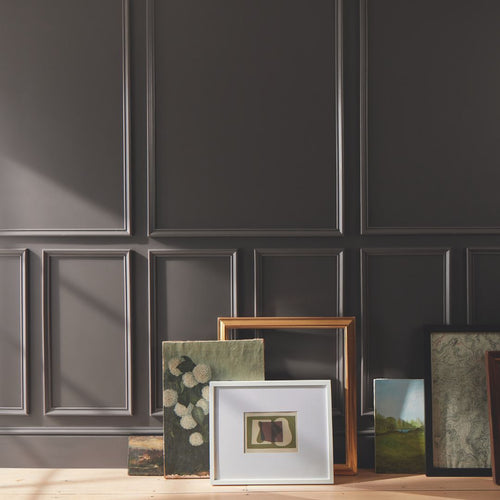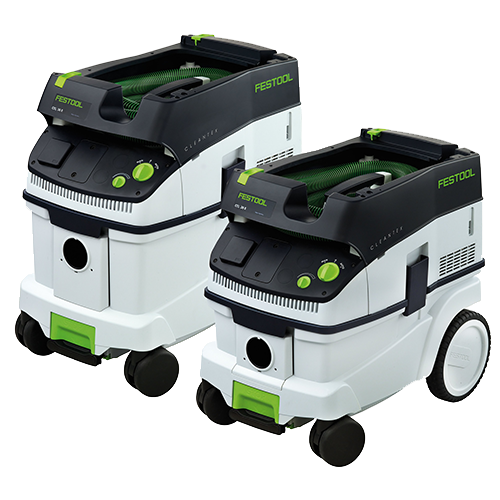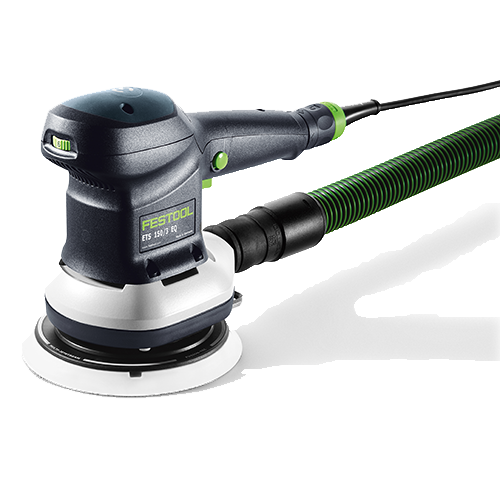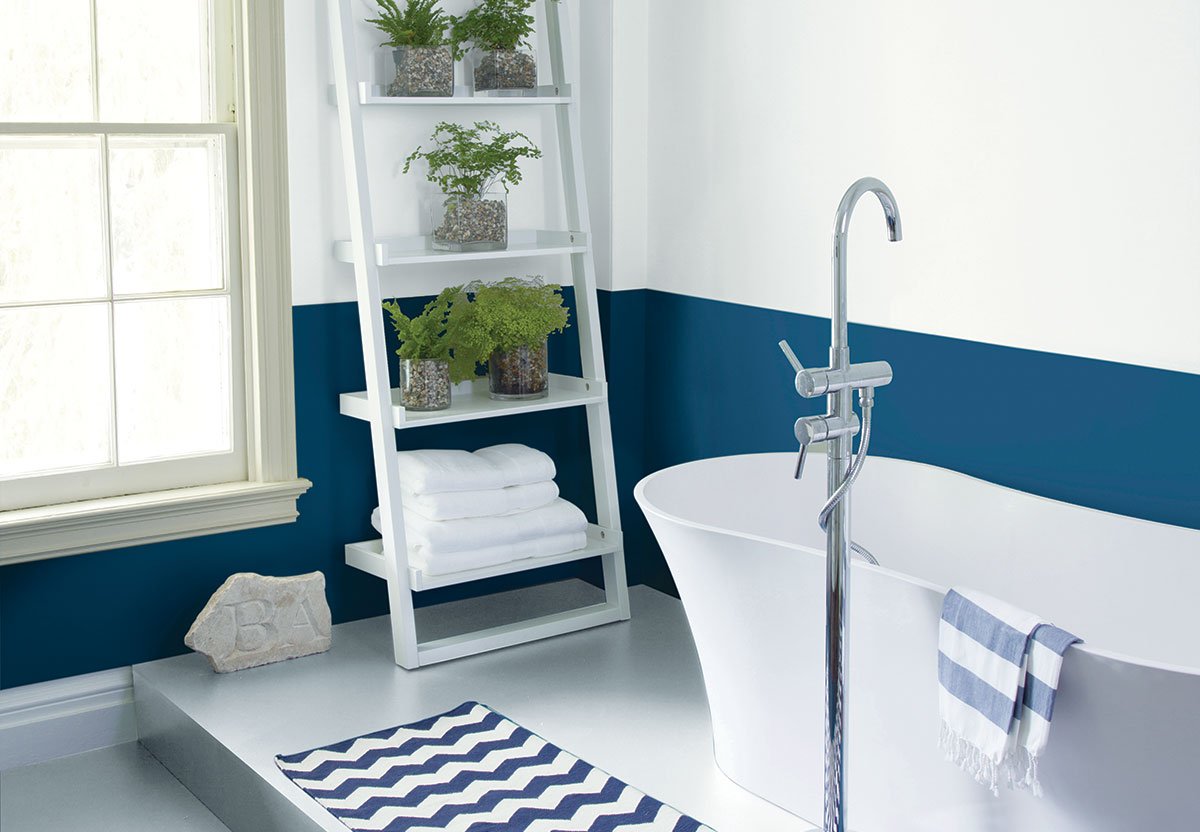
When done right, a fresh paint job is one of the most efficient and inexpensive ways to transform the look of a room. From avid weekend warriors to first time do-it-yourselfers, there are key steps in the process that every painter should follow to ensure a perfect paint job.
Jeff Spillane, Senior Manager, Product Training Implementation at Benjamin Moore, offers three basic tips to keep in mind at the start of every paint project.
Stock up on supplies. Before opening the first can of paint, assess the needs of the project and source all other supplies necessary so as not to disrupt the process later on. These supplies can include primer and paint, painter’s tape, paint brushes and paint rollers depending on your project, paint scraper or putty knife, sandpaper, roller trays, caulk or putty, drop cloths, etc. “Remember that a professional-looking paint job requires quality applicators so don’t skimp on quality for a lower price when it comes to purchasing supplies,” said Spillane.
Pick the right paint. Every project is different and while many paint cans may look the same, it’s what inside the can that counts. While most people focus on what color they want to use, it is equally important to select a paint based on how it is required to perform. “Each Benjamin Moore® product is crafted to serve a specific role, making it the most innovative and best-performing in its category,” said Spillane. “For example, Aura® Bath & Spa defies the old rules by enabling a matte finish in humid areas, Natura® is our greenest paint as to VOCs1 and emissions, and ARBORCOAT® Waterborne Exterior Stains offer superior protection while enriching the texture and grain of exterior wood surfaces.
Prepare the surface. “The biggest mistake a painter of any skill level can make is skipping the proper prep work,” said Spillane. “It is a critical step in the coatings process in order to achieve professional-looking results the first time around.” First, completely clean the surface of any dirt, dust, grease, soap, wax, mildew, etc., then dull glossy areas by sanding them. Prior to application, ensure that surfaces are dry and use painter’s tape to mask baseboards, trim and any other area you do not want painted such as outlet covers, light switches, etc.
1Zero VOC according to EPA Method 24.
For more information, contact us or stop by Colorize today.













